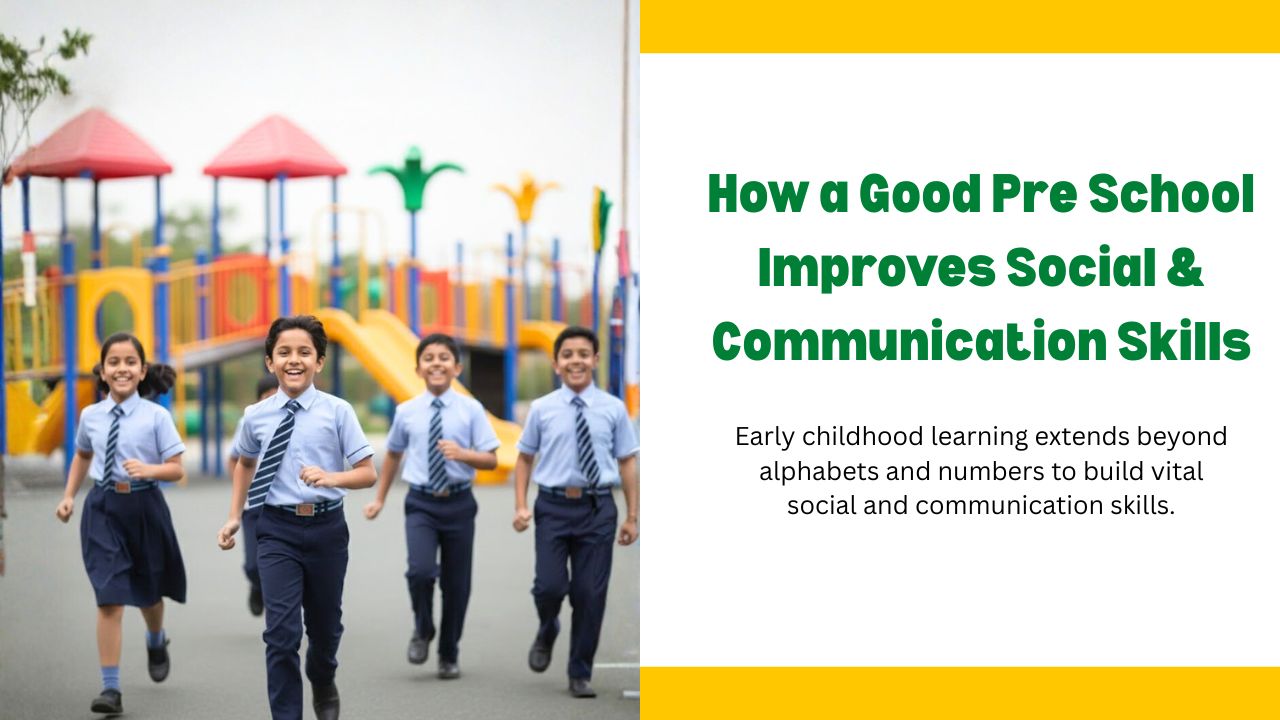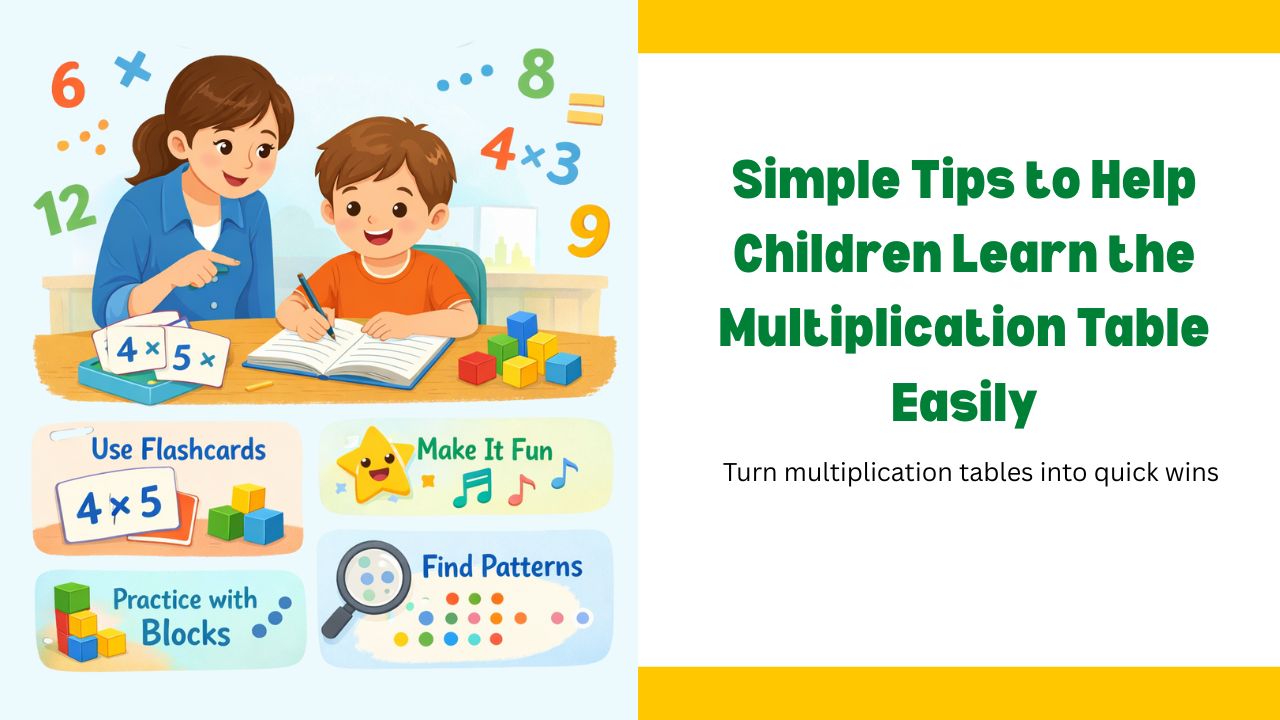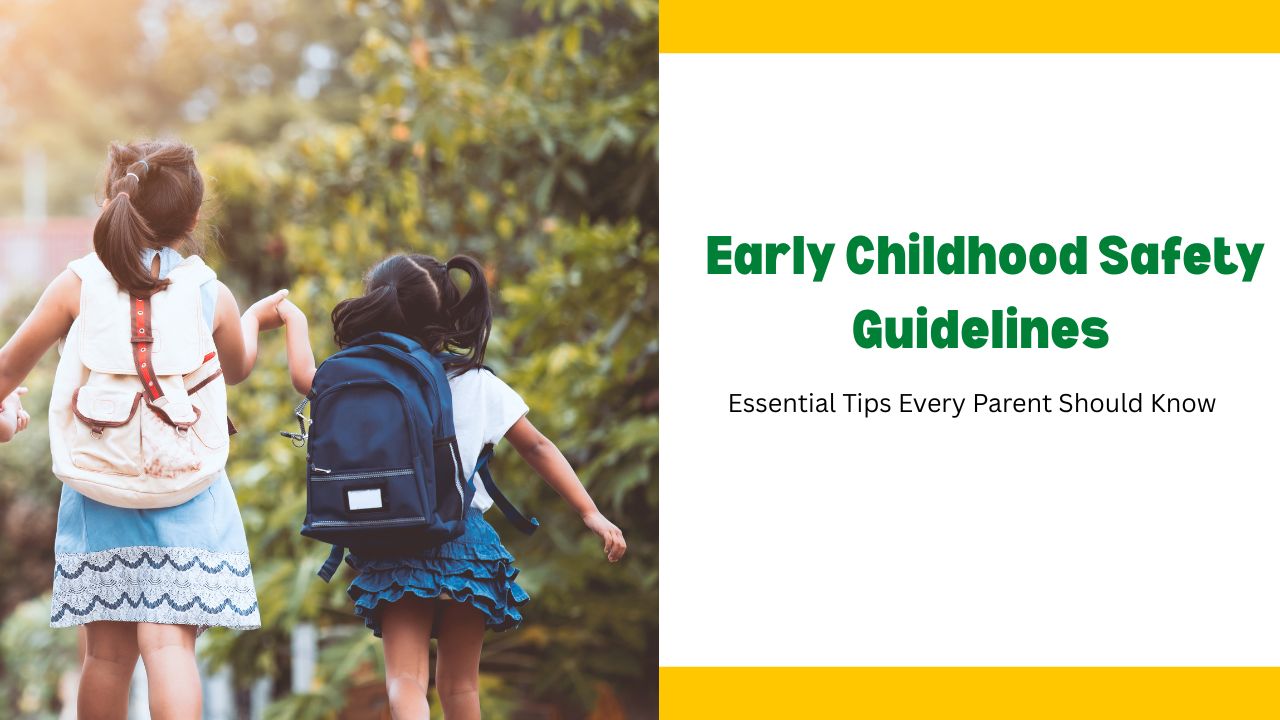Can your child talk about their feelings confidently? Can they say, “I’m upset,” instead of acting out? In today’s fast-paced, digital-first world, helping children understand and express their emotions has never been more important. While we focus heavily on academic learning, emotional development in kids often gets overlooked—yet it’s the foundation of confidence, resilience, and long-term success. When children are emotionally strong, they make better choices, build deeper relationships, and handle life’s ups and downs with strength and clarity.
In this blog, we’ll explore what emotional development really means and how parents, teachers, and caregivers can play a powerful role in raising confident, emotionally intelligent children.
What Is Emotional Development in Kids?
Emotional development refers to how children understand, express, and manage their feelings—and how they build healthy relationships as they grow. It begins in infancy and continues through every stage of life.
Some key emotional milestones include:
- 👶 Toddlers learning to name basic emotions like happy, sad, or angry
- 👧 Preschoolers beginning to empathize and express why they feel a certain way
- 🧒 School-age children managing frustration, handling competition, and developing self-control
As children grow, so does their ability to recognize their feelings, understand others’ emotions, and respond appropriately. This emotional awareness becomes the foundation for confidence, empathy, and self-worth.
Why Emotional Intelligence Builds Confidence
Emotional intelligence—or EQ—isn’t just about recognizing emotions; it’s about what we do with them. Children with high emotional intelligence are better able to:
- 🧠 Understand their feelings
- 🧘♀️ Regulate their reactions
- 🫶 Empathize with others
- 🗣 Communicate effectively in difficult situations
For example:
- When a child loses a game, EQ helps them process disappointment without feeling like a failure.
- When they feel scared before a test, they can express fear without shame—and ask for support.
This ability to face emotional challenges with clarity builds true confidence—not based on constant success, but on knowing they can cope with whatever life brings.
Ways Parents Can Support Emotional Growth at Home
As a parent, you don’t need a psychology degree to raise emotionally strong kids. You just need presence, patience, and practice. Here’s how:
🗣️ Name the Emotions
Instead of asking, “What’s wrong?”, try “You look upset—are you feeling angry or sad?” Naming emotions helps children understand what they’re experiencing.
👂 Listen Without Judgment
Sometimes kids don’t need advice—they need your calm attention. Sit with them. Listen. Let them feel heard.
💛 Validate Feelings
Avoid saying “Don’t cry” or “That’s nothing to worry about.” Instead, try “It’s okay to feel upset. I’m here.” Validating helps them feel safe expressing emotions.
👨👩👧 Model Healthy Expression
Show your child how you manage feelings. “I’m feeling a little frustrated, so I’m taking a deep breath.” Children learn most by watching their parents.
🕰 Create Routine & Check-Ins
Daily “how was your day?” talks or bedtime chats build emotional safety. You could also use “emotion wheels” or check-in cards to spark conversations.
📖 Use Stories
Books are a wonderful way to discuss emotions indirectly. Talk about how characters feel, react, and resolve issues.
Role of Teachers & School Environment
Emotional development in kids doesn’t stop at home—school plays a huge role too.
In child-focused learning spaces, we believe in creating emotionally safe, inclusive environments where children feel seen and valued.
✅ Emotionally Literate Educators
Teachers trained to recognize emotional needs can respond gently and effectively—whether it’s calming an anxious child or resolving peer conflicts.
✅ Peer Interaction
Group activities, free play, and class discussions provide opportunities to build empathy, collaboration, and respect.
✅ Safe Spaces
Designated quiet zones or calm corners allow children to retreat when overwhelmed—teaching them self-regulation.
✅ Social Emotional Learning (SEL)
Programs like SEL help students learn to identify emotions, build relationships, resolve conflicts, and make responsible decisions.
These practices help kids not only cope better in school but also thrive in life.
Activities & Games That Boost Emotional Intelligence
Here are a few playful, practical activities that help kids express and manage emotions:
🎭 Emotion Charades – Act out happy, nervous, excited, etc., and have the child guess
🎨 Draw Your Feelings – Let them color how they’re feeling today
🧩 Emotion Cards – Use cards with faces to talk about when they’ve felt each emotion
📝 Gratitude Journaling – Help them write (or draw) one good thing from their day
These activities make emotions fun and safe to explore, rather than scary or confusing.
Common Mistakes Parents Should Avoid
Even with the best intentions, some actions can inhibit emotional growth. Avoid these:
❌ Minimizing Feelings – “It’s not a big deal” may make them feel dismissed
❌ Overprotecting – Shielding from all discomfort may prevent learning coping skills
❌ Labeling – Saying “You’re shy” or “You’re too sensitive” may limit their identity
✅ Instead, encourage exploration, patience, and emotional honesty.
Conclusion: Emotionally Strong = Confident for Life
Your child’s ability to understand, manage, and express their emotions is just as important as their grades or achievements. Confidence isn’t about being perfect—it’s about feeling secure, capable, and loved, even during tough moments.
As a parent or educator, your support, patience, and empathy shape how children grow—not just academically, but as emotionally resilient human beings.
🌱 Shaping Future Leaders at Laureate High School
At Laureate High School, we go beyond academics to nurture emotionally strong, confident individuals. Through storytelling, meaningful interactions, and heart-centered learning, we help children grow into compassionate, capable leaders.
📩 Interested in our whole-child development approach? Connect with us today—we’d love to share more about how we support your child’s growth in every way.










